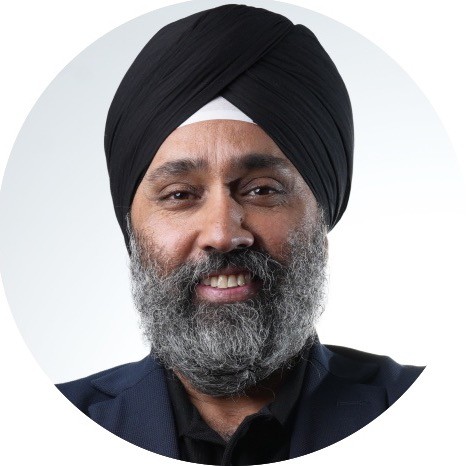Seed Capital
1Mby1M Virtual Accelerator AI Investor Forum: Mohanjit Jolly, Partner at Iron Pillar (Part 4)
Sramana Mitra: Okay. Let’s do a B2B case study.
Mohanjit Jolly: Let’s do a B2B case. About a third of our portfolio consists of US Delaware companies that are building products from India. Chennai seems to be the hub for most of our enterprise companies.
>>>1Mby1M Virtual Accelerator AI Investor Forum: Mohanjit Jolly, Partner at Iron Pillar (Part 3)
Sramana Mitra: Congratulations. Wonderful. Now, I have a question based on what you said, because I remember what you told me when we last spoke about your B2C investment thesis.
Are you still thinking that the first five to ten million dollars of revenue in B2C brands in India are online only, and then they go omnichannel?
>>>1Mby1M Virtual Accelerator AI Investor Forum: Mohanjit Jolly, Partner at Iron Pillar (Part 2)
Sramana Mitra: Let’s do a couple of case studies of what you have invested in. In that, please also talk about the sectors you’re interested in or business models, and where you have invested — sectors that work in your model.
>>>1Mby1M Virtual Accelerator AI Investor Forum: Mohanjit Jolly, Partner at Iron Pillar (Part 1)

Mohanjit Jolly, Partner at Iron Pillar, discusses his firm’s growth stage investment thesis.
>>>1Mby1M Virtual Accelerator AI Investor Forum: Sandeep Sardana, BluePointe Ventures (Part 5)
Sramana Mitra: Let me give you what I’m thinking. It’s slightly different from what you’re thinking.
Where I agree with you completely is that it’s not here yet. I actually do not think you are saying that AGI is here. AGI is not here yet.
1Mby1M Virtual Accelerator AI Investor Forum: Sandeep Sardana, BluePointe Ventures (Part 4)
Sramana Mitra: There’s no question there’s value, especially in our world. Non-technical founders were always at a disadvantage. Now they can prototype and get to MVP quickly because of no-code tools, but the products still need to be built. No-code products don’t always scale or sustain.
>>>1Mby1M Virtual Accelerator AI Investor Forum: Sandeep Sardana, BluePointe Ventures (Part 3)
Sramana Mitra: Now, what about human-in-the-loop? In this use case you’re talking about, what are you learning in terms of AI adoption? Human-in-the-loop is a key concern and a point of resistance from enterprises and businesses.
>>>1Mby1M Virtual Accelerator AI Investor Forum: Sandeep Sardana, BluePointe Ventures (Part 2)
Sramana Mitra: So, is vertical AI your primary investment thesis?
>>>